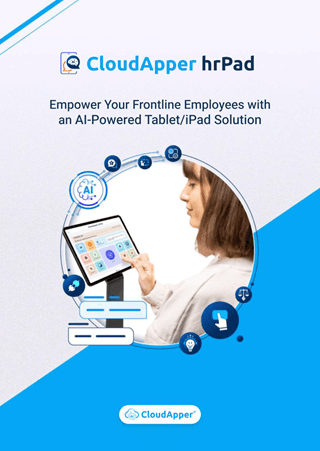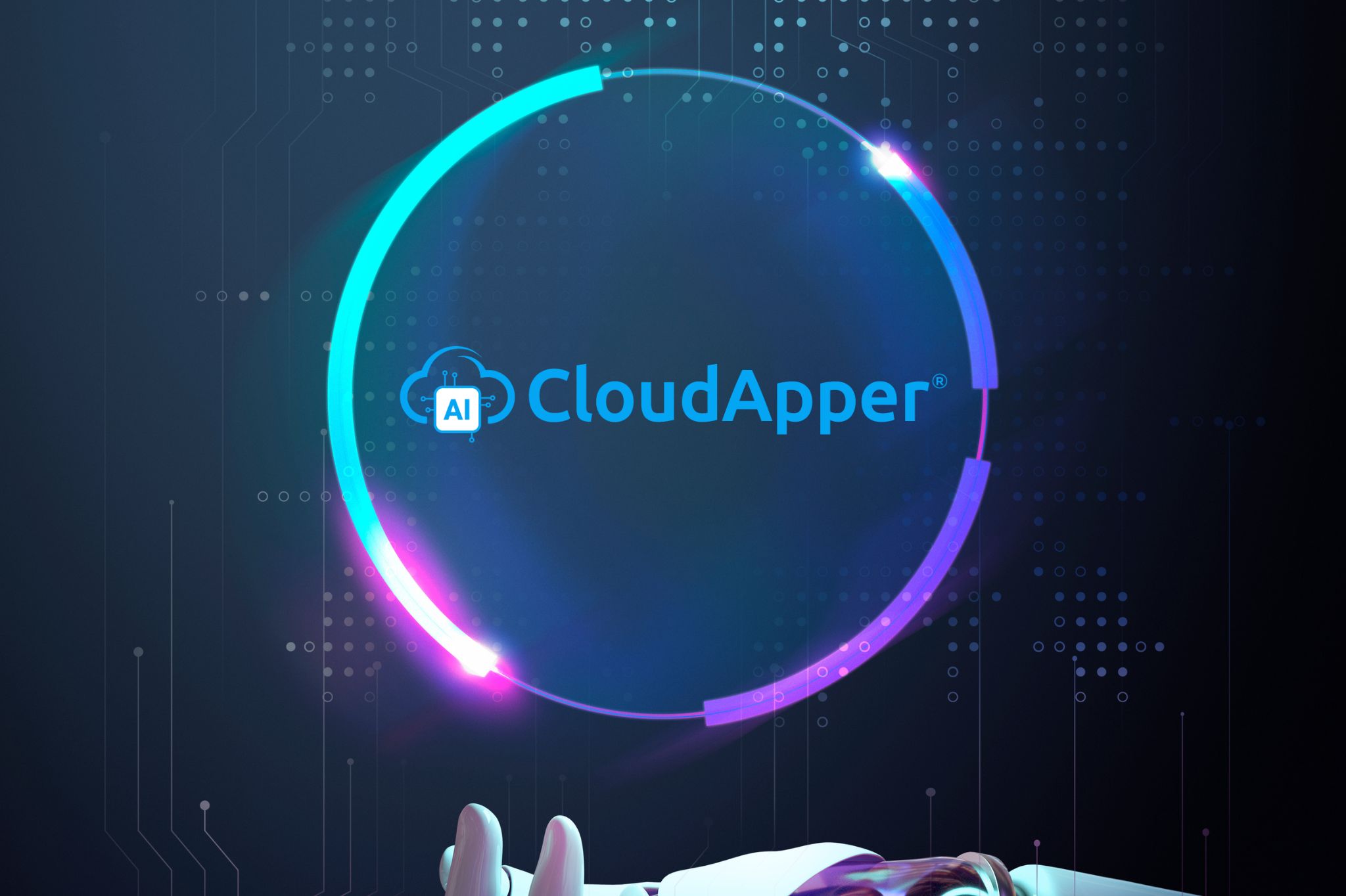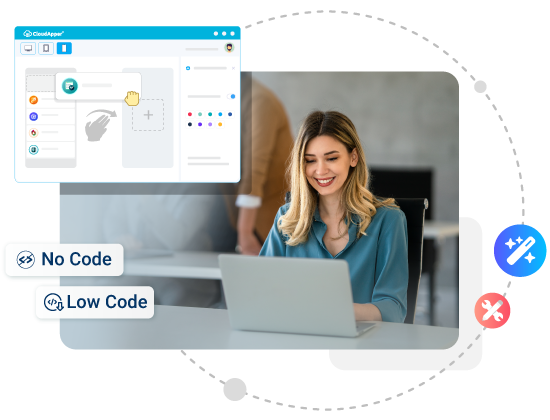Contrary to popular belief, more software solutions do not mean increased efficiency. This may be hard to believe, especially as we continue to learn about the benefits provided by software systems. However, there is still a persistent problem that should be addressed data fragmentation.
What is data fragmentation?
Data fragmentation is defined as the separation of information into several different pieces. From a business perspective, this is not practical. As companies implement new software systems, these systems hold all of a company’s data. However, the more software systems a company uses, the more their data is fragmented and stored in different platforms.
For example, a business may store a customer’s details on a Customer Relationship Management System but store the details of the employee who manages the customer on a salesforce monitoring application. This means a business will need to access different applications to gain information for a clearer understanding.
Consequences of data fragmentation
Data fragmentation makes the information difficult to access or review. As data is less accessible, it also becomes harder to make the information actionable. These issues caused the fragmentation of data can be problematic for a company. Yet, they are not the only challenges. Data fragmentation affects the way employees operate. Several systems often require employees to upload data onto several platforms, which is both repetitive and inefficient. As employees continue to upload data onto multiple platforms, it can also cause repetitions of the data viewed, which may skew reports as the data is reviewed.
Indicators of data fragmentation
With an understanding of what data fragmentation is, and the consequences of it, we can now look for signs of data is fragmentated within your business. One of the first signs is accessibility. Do your employees need to access multiple platforms to get basic information?
Another clear sign is repetitive information. For example, are your customer’s contact details listed on several software platforms? Often repetitive and redundant information is a clear sign that your company’s data is fragmented.
How can you avoid data fragmentation?
In the past, companies would attempt to reduce the effects of data fragmentation through sharing common documents, such as an excel spreadsheet. While companies are on the right track with this approach, there is a more effective method. Integration is vital for reducing fragmentation. Enterprise Resource Planning systems were created to integrate business processes and data. They provide many of the benefits needed to correct the issues caused by fragmentation, such as efficiently collating a business’s information under one system and optimizing the information management.
The crucial part is in selecting the right ERP system for your company. Is the ERP system suitable for the scale of your company? As the company will be uploading its information into this platform, security is vital. Cloud-based ERP systems provide a secure option when selecting an ERP.
While unnecessary features should be avoided, it is highly advisable to ensure that the chosen ERP system has mobile capabilities. A major problem caused by data fragmentation is the lack of accessibility to information. All employees have a smartphone, and a mobile ERP platform such as CloudApper will allow these employees to access the information through a simplified process, making this a key feature to have within your selected ERP.
Conclusion
Fragmentation can be an issue for many companies. Through intelligent integration done with the aid of an ERP system, companies can ensure that they will not be affected by the problem for much longer.
What is CloudApper AI Platform?
CloudApper AI is an advanced platform that enables organizations to integrate AI into their existing enterprise systems effortlessly, without the need for technical expertise, costly development, or upgrading the underlying infrastructure. By transforming legacy systems into AI-capable solutions, CloudApper allows companies to harness the power of Generative AI quickly and efficiently. This approach has been successfully implemented with leading systems like UKG, Workday, Oracle, Paradox, Amazon AWS Bedrock and can be applied across various industries, helping businesses enhance productivity, automate processes, and gain deeper insights without the usual complexities. With CloudApper AI, you can start experiencing the transformative benefits of AI today. Learn More

















